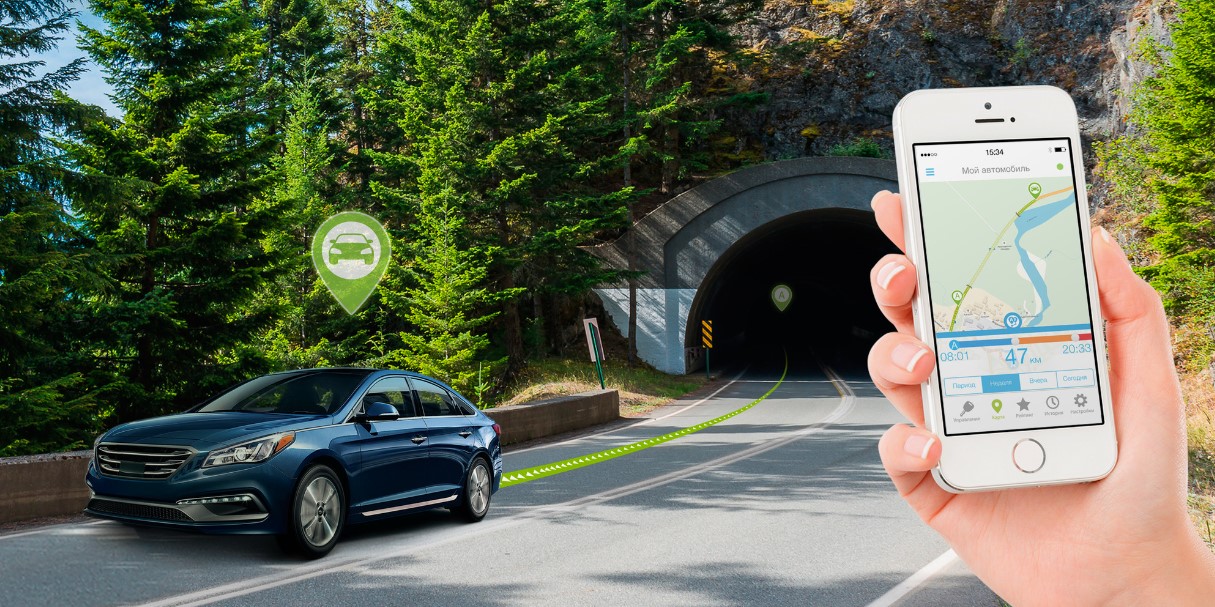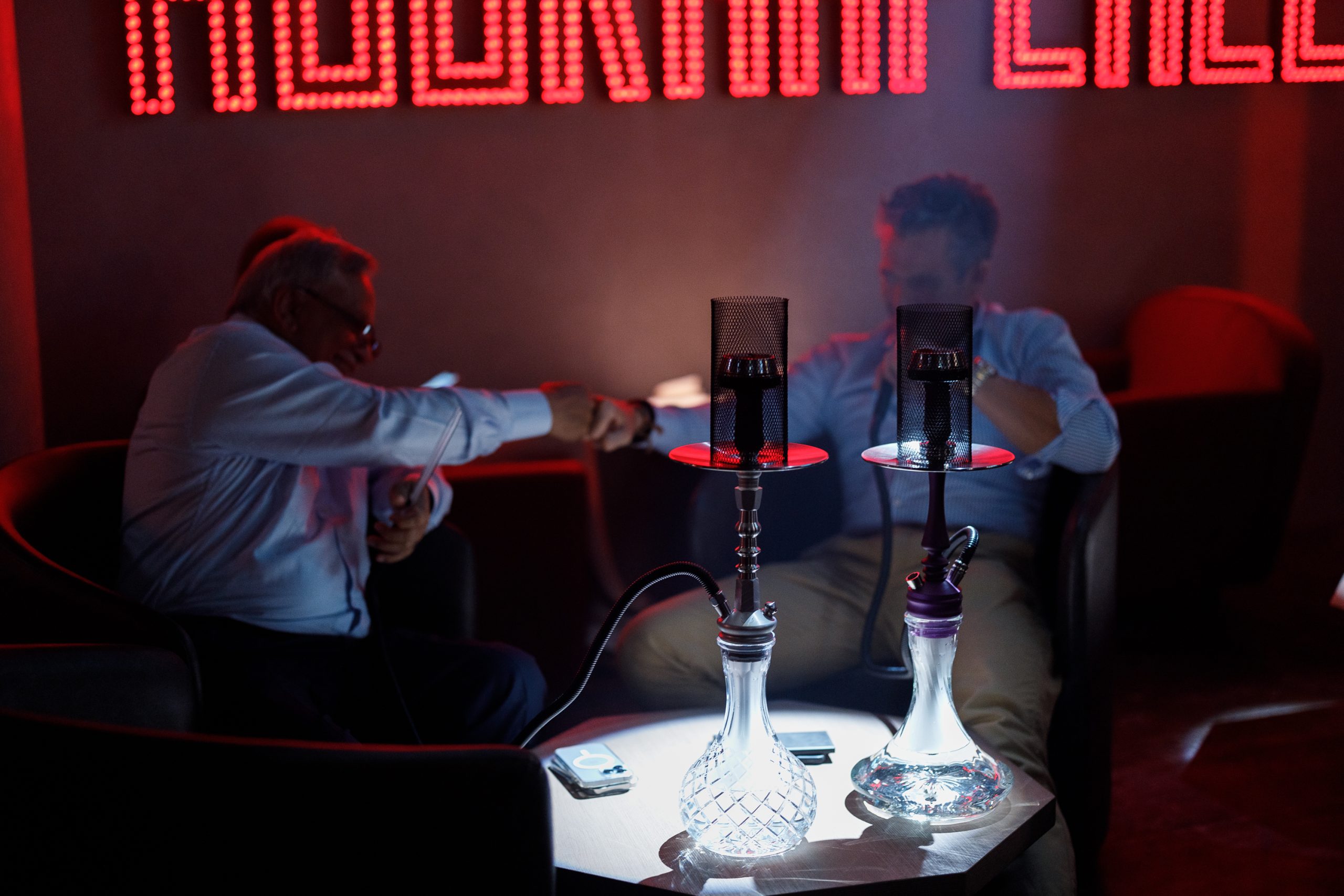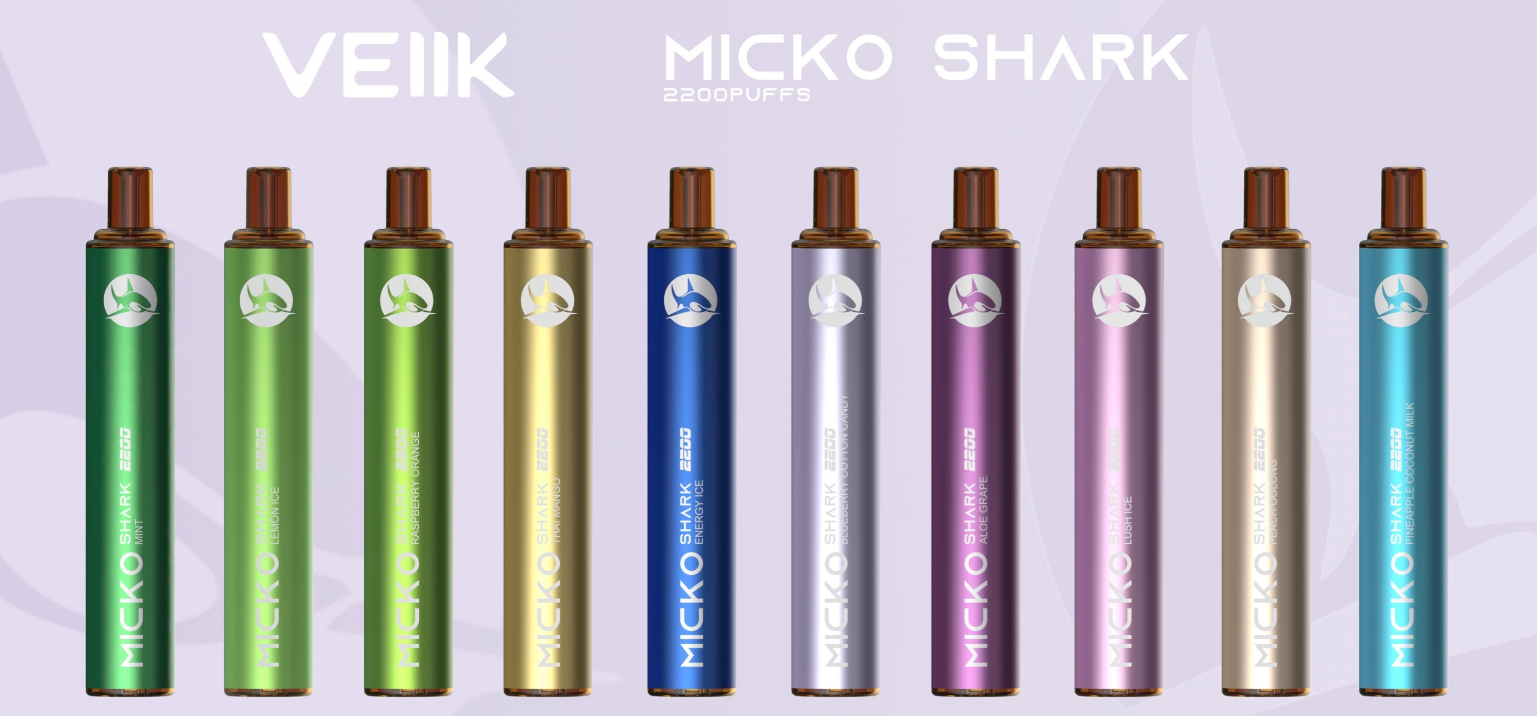Tourism is a crucial component of Dubai’s thriving economy, attracting millions of visitors each year to its skyscrapers, shopping festivals, and luxurious resorts. As the city strives to offer an unparalleled visitor experience, technology, particularly GPS tracking, plays a pivotal role in ensuring both safety and enjoyment for tourists. This article explores the multifaceted benefits of GPS tracking systems in enriching the tourist experience and enhancing safety measures in Dubai.
Enhancing Tourist Safety with GPS Tracking
Emergency Response Capabilities
One of the foremost benefits of GPS tracking is its ability to significantly improve emergency response services. With real-time location data, emergency response teams can quickly locate and reach tourists in distress. Several GPS-enabled applications are currently in use in Dubai, allowing tourists to send instant alerts to local emergency services with the press of a button. This feature not only provides a rapid response but also imparts a sense of security to visitors, making them feel safer while exploring the city.
Personal Safety Applications
For individual tourists, various apps incorporate GPS to enhance personal safety. These applications offer features like safety alerts, which notify users of any nearby dangers, and route suggestions that guide tourists through the safest paths. Additionally, wearable GPS devices have become increasingly popular, offering tourists the ability to share their location with family or friends in real-time.
Navigational Aids for Tourists
Navigational tools that utilize GPS significantly contribute to tourist safety by providing reliable directions and up-to-date traffic information. Public transit apps, for example, use GPS to help tourists find the best routes and schedules for buses and metros in Dubai. These apps are invaluable for first-time visitors, facilitating smooth and safe urban navigation without the need for constant internet access, thanks to offline map features.

Enriching the Tourist Experience Through GPS Tracking
Personalized Travel and Exploration Apps
GPS technology has transformed traditional sightseeing by enabling highly personalized travel experiences. Apps leveraging GPS can recommend attractions, dining, and entertainment options that align with a tourist’s location and preferences. This level of personalization not only enhances the tourist experience but also helps visitors efficiently plan their itineraries.
Enhancements in Tourist Transportation
Rental companies and tour operators in Dubai extensively use GPS tracking to enhance service delivery. GPS devices in rental cars and tour buses provide route optimization, real-time traffic updates, and more, all ensuring that tourists spend less time commuting and more time enjoying their visit. Moreover, these technologies help manage fleet operations more effectively, ensuring vehicles are well-maintained and available when needed.
Interactive Experiences
GPS tracking has paved the way for interactive tourism experiences such as augmented reality (AR) tours and location-based games. AR apps use GPS to overlay digital information about landmarks and attractions as tourists visit them, offering a rich, immersive experience. Similarly, GPS-based games and scavenger hunts add an element of fun and engagement to exploring the city, appealing especially to younger visitors.
![]()
Challenges and Considerations
Technical and Infrastructural Challenges
Reliable GPS tracking requires robust infrastructure, particularly in urban environments where high-rise buildings might interfere with signal reception. Investing in advanced GPS satellites and enhancing ground-based technologies to support high-density areas are critical for maintaining service reliability. Furthermore, as Dubai continues to expand its digital infrastructure, continuous upgrades and investments are necessary to support the growing demand for GPS-enhanced services.
Future Prospects
The future of GPS tracking in Dubai looks toward broader integration with smart city initiatives. Innovations in artificial intelligence may soon provide predictive analytics for tourist management, while the Internet of Things could further enhance the connectivity of various services in the city. As Dubai aims to create a seamlessly connected and technologically advanced urban environment, GPS tracking will remain at the forefront of this transformation, continually improving how tourists explore and experience the city.
Conclusion
GPS tracking technology in Dubai has significantly improved the safety and quality of tourist experiences. By facilitating better emergency responses, enhancing personal safety, and enriching the tourism journey, GPS tracking serves as a cornerstone of Dubai’s commitment to hosting world-class tourism. Looking forward, the integration of this technology with broader digital innovations will not only continue to enhance tourist services but also contribute to the city’s vision of becoming a leading smart city on the global stage. The effective use of this system by MYGPS sets a benchmark for other cities worldwide, highlighting the potential of technology in transforming tourist experiences while ensuring their safety.

